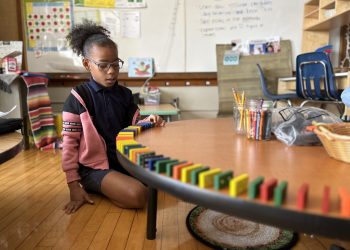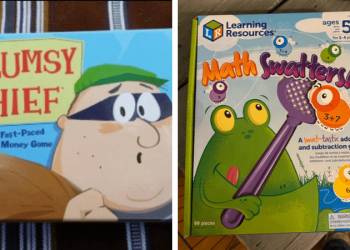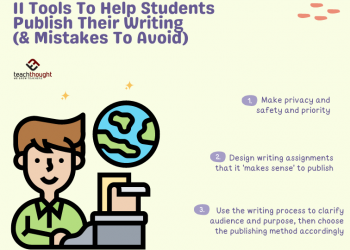In 1997, the National Reading Panel issued a report on the findings of dozens of studies looking into the most effective methods of teaching and learning reading. The report offered specific recommendations for effective practices, such as intentional and explicit phonics instruction for all students.
Lately, there has been movement toward codifying science-based literacy learning practices into law, but it took 16 years before the first state to do so, Mississippi, took such action. In the meantime, many educators—and even entire schools and districts—continued using outdated teaching methods or only engaged in phonics instruction with students in need of remediation.
Something similar is happening in mathematics classrooms right now. A national mathematics panel has not been convened to lay out the science of how students most effectively learn math, but there is a large body of research available. Unfortunately, the math instruction most students receive is not based in the science of math—but it could be.
Being Lectured at Doesn’t Work
As many others have, I learned from my own experience teaching in the classroom that lecturing doesn’t work. There are usually a couple kids in any classroom who will learn whatever you teach regardless of the method, but for the vast majority of students a lecture is abstract and a little boring and, most importantly, it’s something they’re listening to and not something they’re doing.
As human beings, we’re wired to learn by doing. In fact, we’ve been learning by doing even longer than we’ve been human, because all mammals learn by interacting with their environment, taking in feedback, and processing that feedback.
The Perception-Action Cycle
Human beings learn in a variety of ways, using different learning cycles. One powerful learning cycle, and one that is invoked whenever we try to solve a challenge, is the perception-action cycle.
Related:
How I use digital curriculum in my math classroom
5 ways to create a strong math culture in your schools
Nigel Nisbet, Vice President of Content Creation, MIND Research Institute
Nigel Nisbet is the vice president of content creation at MIND Research Institute. He came to MIND after working as a mathematics specialist for Los Angeles Unified School District, where he designed and delivered professional development programs and implemented the transition to Response to Intervention (RTI) programming. Prior to joining LAUSD, he taught mathematics, AP physics, and AP computer science at Van Nuys Senior High. He can be reached at [email protected].
Latest posts by eSchool Media Contributors (see all)
Source by www.eschoolnews.com










